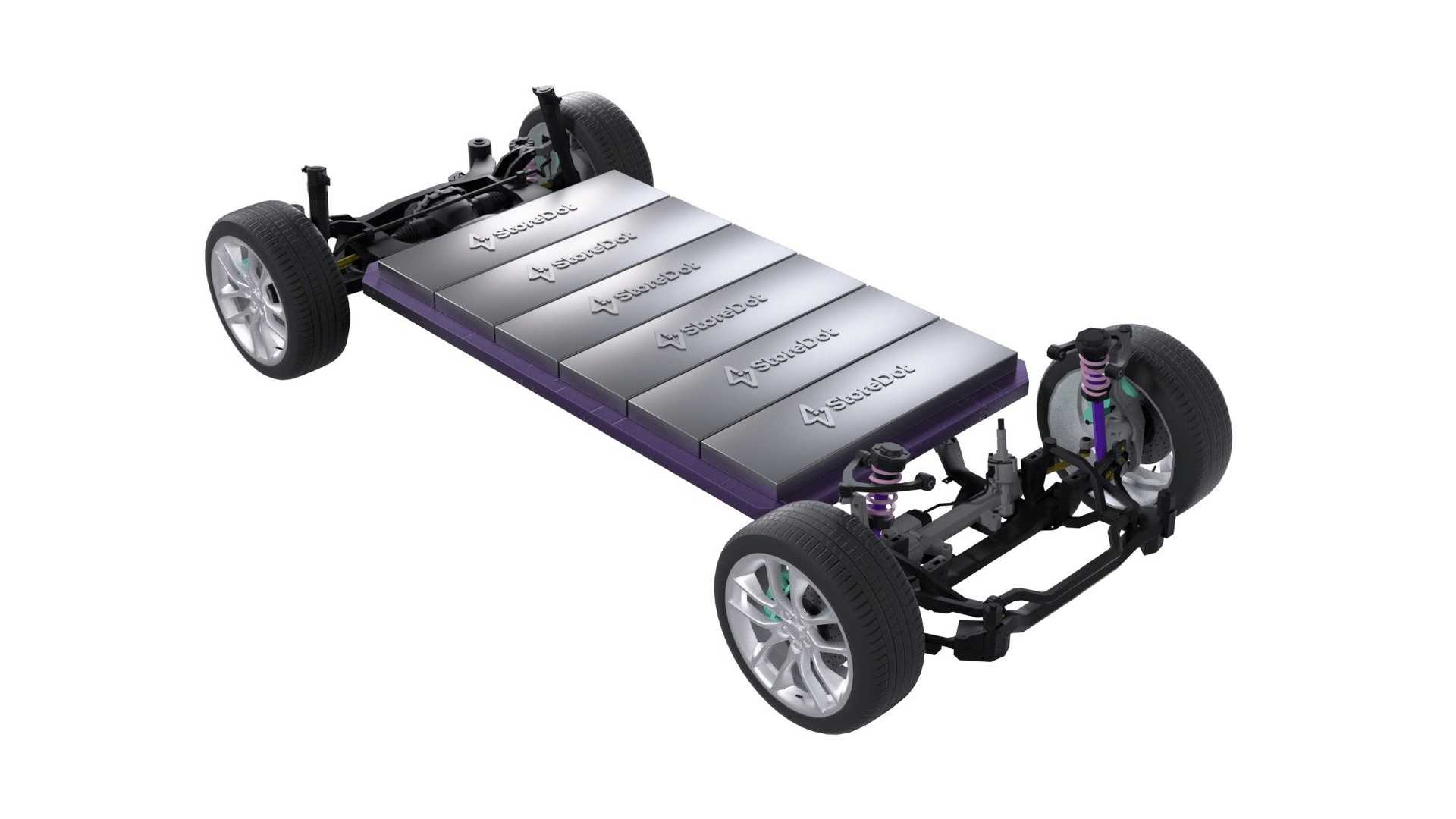
We hear about EV battery breakthroughs often, though it seems the tech never actually comes to market for widespread use. However, StoreDot’s extreme fast charging (XFC) battery tech seems promising, and it’s currently being tested by at least 15 automakers. Now, the battery maker says its silicon-dominant batteries may make extreme fast-charging EVs “accessible to all.”
StoreDot‘s upcoming silicon-dominant batteries are being designed to be cheaper, lighter, and more sustainable. The company says it will begin producing them at scale soon, and the goal is to enable the use of smaller battery packs that are capable of being charged extremely quickly. In the end, StoreDot hopes the breakthrough will be the answer to making electric cars more accessible to the masses.
Batteries are expensive and in short supply. Sadly, an EV with a decent amount of range needs a ton of battery cells, which requires a larger battery pack. A large pack means the EV actually needs the space to house it, and the car is going to be quite heavy, carrying around a bunch of extra battery cells it may only use every so often, on long road trips. However, if an EV charges super quickly, it may not need as much range, so smaller battery packs could suffice. StoreDot CEO Dr. Doron Myersdorf shared:
“The two remaining barriers to EV ownership are charging anxiety and cost, and StoreDot’s XFC solution was designed to assist with both. Radically reduced charging times will allow automotive manufacturers to rethink how they approach battery size and range. When charging times are no longer an issue, it makes a lot more sense to fit smaller battery packs.”
StoreDot says its EV battery tech is at the point that the cells charge so quickly it’s confident that EVs using the technology will be able to move to smaller battery packs. This would make the EVs lighter and less expensive. Performance would stand to improve, charging time would obviously be reduced, and more people could afford to make the transition from a gas car to an EV.
According to Green Car Congress, StoreDot aims to begin delivering its new 100in5 silicon-dominant XFC batteries to electric car manufacturers by next year. The company says the tech can add about 100 miles of EV driving range in just five minutes. If this becomes the norm, EV owners won’t have to worry about range anxiety, since charging their EV on the road will take about the same time as gassing up.
If an EV that would typically be fitted with an 80 kWh battery could use a 50 kWh battery instead, it could cut some 200 kilograms off the car’s weight, which will increase range and efficiency while improving performance. It could also reduce the cost of the EV by around $4,500.

